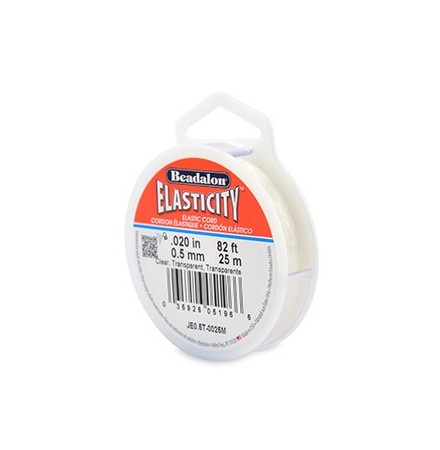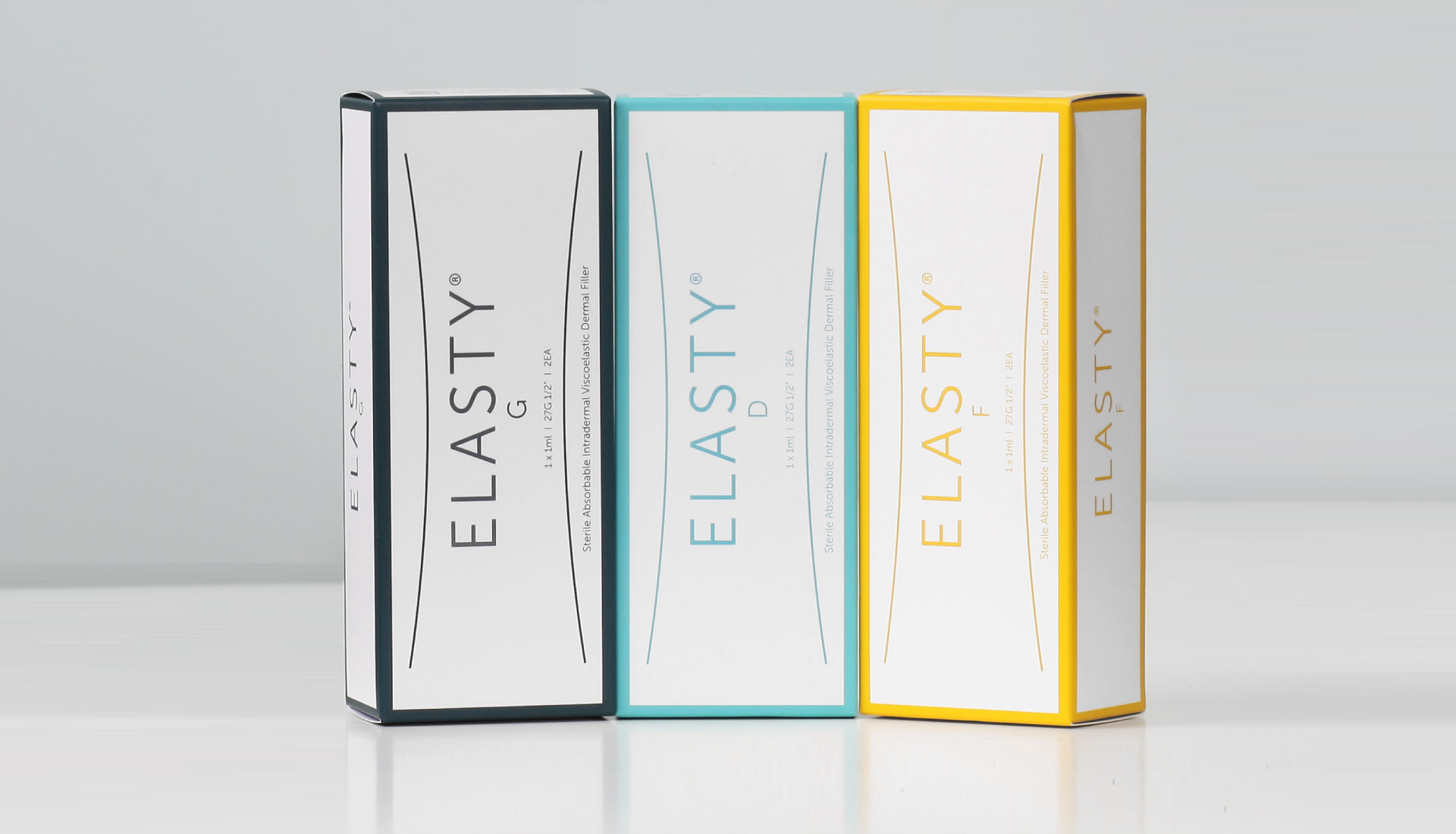

The rate of allergic reactions increases to just over 31 percent with a dose of 200,000 IU. That said, you have a greater chance of an allergic reaction with a dose of more than 100,000 IU. Fewer than 0.1 percent of people experience itching and swelling. According to 2020 research, the risk of allergic reactions is typically very low: between 0.05 percent to 0.69 percent. There’s a small chance hyaluronidase will cause an allergic reaction. Still, as with any procedure, you’ll want to keep a few potential risks in mind. It’s generally safe to have lip fillers dissolved by a reputable plastic surgeon or dermatologist. Search for a board certified cosmetic surgeon in your area through the American Society of Plastic Surgeons or the American Board of Cosmetic Surgeons. Regardless of which way you’re leaning, you’ll want to start by asking a reputable cosmetic surgeon about your options.


If you’ve had your lips augmented with anything other than HA and don’t like the results, an experienced cosmetic surgeon may be able to correct asymmetry or lumpiness by injecting more filler to even things out.ĭon’t want to have more filler injected, or wait for your fillers to degrade on their own? You also have the option of surgical removal. Fillers degrade over time, which is why you need to get follow-up injections to maintain their look. The HA in fillers is a synthetic, or lab-made version.įillers made from anything else aren’t reversible - but again, they won’t last forever, regardless.
#Elasty fillers skin#
Mainly, HA works to keep your skin hydrated, which contributes to plumpness. HA is a sugar naturally found in your body, mainly in your connective tissues. Only hyaluronic acid (HA) fillers, like Juvederm, Restylane, and Belotero, can be dissolved.


 0 kommentar(er)
0 kommentar(er)
